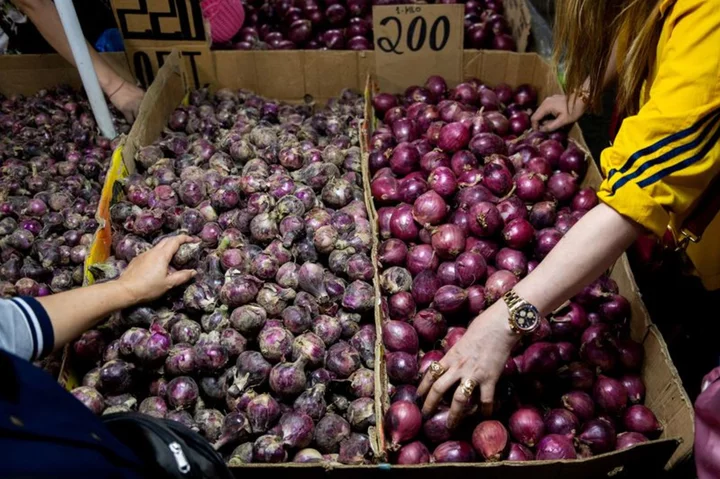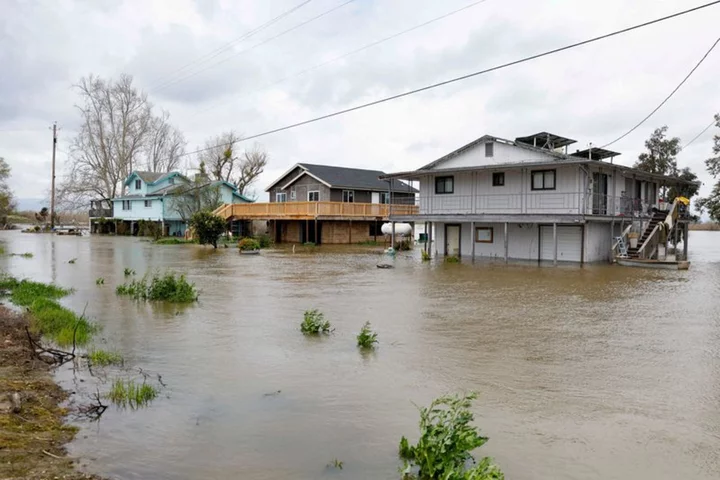By Neil Jerome Morales and Enrico Dela Cruz
MANILA (Reuters) -The Philippine central bank said it was ready to tighten monetary policy as necessary to keep a lid on price pressures, after data on Friday showed inflation remains above target.
The consumer price index in July slowed to 4.7%, statistics agency data showed, the lowest since March 2022, due to slower increases in food and utility costs. That compared with 5.4% in June and was below forecasts of 5% in a Reuters poll.
Though prices cooled for a sixth straight month, Bangko Sentral ng Pilipinas (BSP) said that upside risks from wage and transport fare hikes and bottlenecks in food supply remain.
"The BSP stands ready to adjust the monetary policy stance as necessary to prevent the further broadening of price pressures as well as the emergence of additional second order effects," it said in a statement following the inflation data.
Year-to-date inflation stood at 6.8%, well outside the central bank's 2%-4% target for the year.
Core inflation, which strips out volatile food and fuel items, slowed to 6.7% in July, easing from 7.4% the previous month.
The central bank, which next meets on Aug. 17, has kept interest rates steady at its last two meetings after nine rate hikes totalling 425 basis points that brought its key policy rate to 6.25%.
In an interview with CNN on Thursday, BSP Governor Eli Remolona reiterated the central bank's readiness to act to bring inflation back to its target and anchor consumer price expectations.
"If supply side shocks are large enough and they are not compensated by weaker demand, then yes we will have to raise again," Remolona said. "We are not out of the woods yet.
Remolona, who last week said it was too soon to declare a victory against inflation, added: "We are not ready to ease."
ING Economist Nicholas Mapa said in a post the central bank could only consider rate cuts when inflation fell within the target and if the U.S. Federal Reserve, which last week delivered its 11th rate increase, begins easing.
(Writing by Karen Lema; Editing by Muralikumar Anantharaman and Jacqueline Wong)









